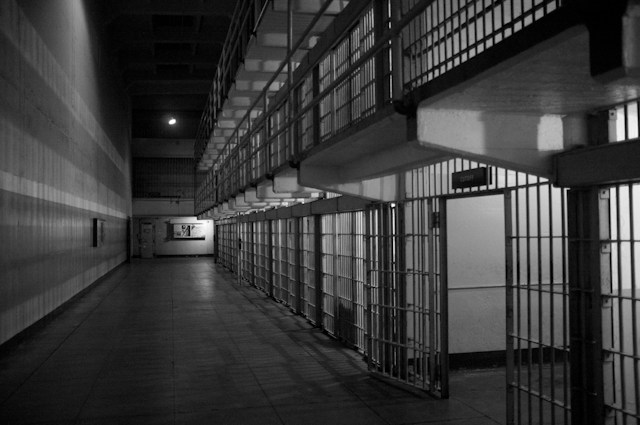Bail bonds enable individuals to attend to their daily lives while awaiting trial. They also alleviate jail overcrowding and provide a cost-effective alternative to incarceration.
Courts take a variety of factors into account when setting bail, including defendants’ income and assets. However, judges have broad discretion and little accountability in their decision-making.
Payment Options
A judge will set the amount of cash bail a defendant must pay to be released from jail. Often, this is more than an accused person can afford to pay. This is where bail bond companies can come in handy.
A bond company will offer payment plans to help make it more affordable for individuals to secure a bail bond. Whether someone qualifies for a plan will depend on many factors, including their credit, employment, and living situation. In some cases, the bail bond company may require additional collateral to protect against the total bail amount set by the court.
While payment plans are a convenient option for some, critics argue that they can have negative consequences for low-income families who cannot afford to cover the cost of a cash bond. If the accused person skips court, the family who paid the bond must repay the bail bond company and any collateral used.
Discretion
Although the pretrial justice system treats more defendants fairly than many other large cities and the country as a whole, tens of thousands of people are still subject to bail conditions that punitive and unfairly punish them before conviction or dismissal. In addition, the financial cost of posting a bond is high and can be prohibitive for poor defendants.
Judges have a wide range of options available to them when setting bail, including less financially onerous types such as unsecured bonds (where loved ones promise to return the accused to court) and partially secured bonds (in which a third party posts an upfront fee and collateral with the court that will be taken if the accused fail to appear). Yet these alternative forms are rarely used, and when they are, they often require a substantial upfront payment from the defendant or co-signer.
A more economically accessible alternative to commercial bail bonds is a surety bond. In a surety bond, the defendant and co-signers post personal or real property equal in value to the amount of the bail set by the judge up front.
Accountability
Lackawanna county bail bonds remain one way outmoded legal systems attempt to balance public safety and personal liberties; they offer individuals presumed innocent until proven guilty the opportunity to maintain some semblance of normal life while awaiting trial. This option allows them to keep professional jobs and family responsibilities, avoid job loss and homelessness, and participate fully with their criminal defense attorneys to prepare their case.
Nevertheless, this arrangement deprives low-income families of the full value of their freedom and is unjust and unfair.
Judges are required by law to consider a defendant’s ability to pay when setting bail and offer them less demanding forms of bail, such as partially secured or unsecured bonds. However, judges have not implemented this requirement adequately.
Pretrial Detention
Bail bonds allow the legal system to respect its fundamental principle that an accused is innocent until proven guilty. They also safeguard against prematurely curtailment of a person’s liberties, especially those arrested for low-level crimes.
They are instrumental in leveling the playing field by ensuring that those who cannot afford to pay their full bail amount do not remain unnecessarily locked up while others are released. This allows individuals to continue to work and meet family responsibilities while maintaining a strong and active engagement with their criminal defense attorney, further strengthening their legal case.
It is important to note that judges should still retain the power to detain certain defendants on their caseload who present a flight risk, a threat to victims or witnesses, or pose a danger to society. However, these detention decisions should be made through specific procedures that ensure fairness and justice. This includes using supervised release programs as an alternative to pretrial detention for certain defendants.

